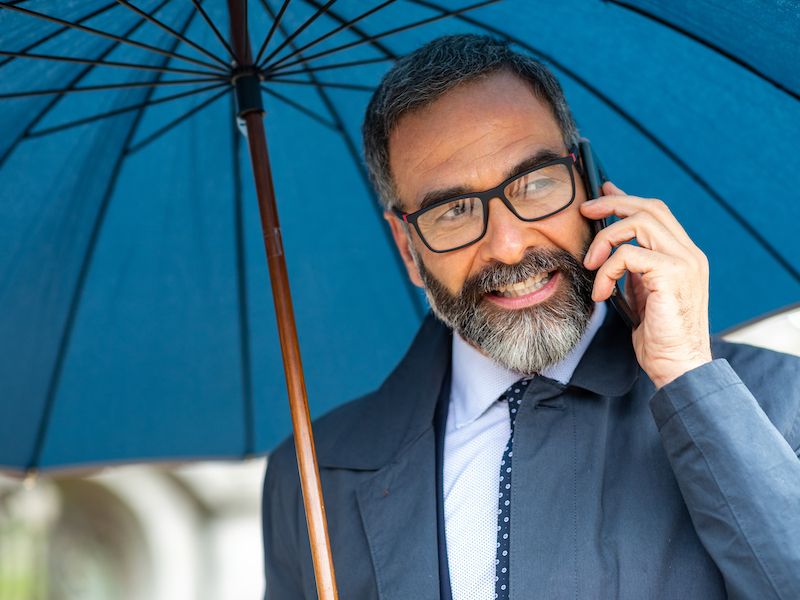
John’s been having problems hearing at work. He’s in denial and keeps telling himself that everyone is mumbling. What’s more, he believes he’s too young to need hearing aids, so he’s been procrastinating on finding a hearing professional, and hasn’t had a hearing examination. But in the meantime, he’s been doing considerable damage to his ears by cranking up on his earbuds. Sadly, his resistance to acknowledging that he has hearing loss has stopped him from looking for effective solutions.
But what John doesn’t comprehend is that his viewpoints are outdated. Because the stigma around hearing loss is becoming less common. Specifically, with the younger generation, it’s much less evident, even though you might still see it to some extent in some groups. (Ironic isn’t it?)
How is Hearing Loss Stigma Harmful?
The cultural and social connections with loss of hearing can be, to put it simply, untrue and not helpful. For some people, loss of hearing may be regarded as an indication of old age or a loss of vigor. People are commonly concerned that they may lose social status if others know they suffer from hearing loss. Some might think that hearing aids make you look older or not as “with it”.
You may be tempted to think of this stigma as somewhat of an amorphous concern, detached from reality. But for individuals who are attempting to cope with loss of hearing there are some very genuine consequences. Including these examples:
- Occupation setbacks (Maybe you were attending a meeting and you didn’t quite make out some essential information).
- Setbacks in your relationships (Your not just tuning people ot, you just can’t hear them very well).
- Avoiding hearing loss treatment (causing unnecessary suffering and undesirable outcomes).
- Job hunting problems (it’s sad to say, but some people may be prejudiced against hearing loss even if it’s not entirely legal).
This list could go on for some time, but you probably get the point.
Fortunately, this is all changing, and It seems as though the stigma of hearing loss is truly going away.
The End of Hearing Loss Stigma
This decrease in hearing loss stigma is taking place for a variety of reasons. Our relationship with technology coupled with demographic changes in our population have started to alter how we feel about devices like hearing aids.
It’s Becoming More Common For Young Adults to Have Hearing Loss
Younger adults are suffering from hearing loss more frequently and that could very well be the number one reason for the decline in the stigma connected to it.
34 million U.S. citizens suffer from hearing loss according to most statical research, which breaks down to 1 in 10 people. There are too many factors that cause this for us to entering into here (noise from several sources seems to be the primary factor), but the main point is that hearing loss is more prevalent now than it ever has been in the past.
There is more discussion and knowledge about hearing loss as it becomes more common.
We’re More Confident With Technology
Maybe you were concerned that your first pair of hearing aids would cause you to look old so you resisted using them. But nowadays, technology is so pervasive that hearing aids virtually entirely blend in. No one really even sees them. In many cases, newer hearing aids are small and subtle.
But frequently hearing aids go undetected because today, everyone has some technology in their ears. Technology itself is simply so pervasive (and personal) that no one even pays attention when you’ve got a tiny piece of practical technology yourself.
An Overdue Shift in Thinking
There are other factors for why hearing loss has a better image lately. Much more is generally understood about loss of hearing and there are even famous people that have told the public about their own hearing loss situations.
There will continue to be less stigma regarding hearing loss the more we see it in the world. Of course, now we are trying to do everything we can to stop hearing loss. The ideal would be to change the trends in youth hearing loss while fighting against hearing loss stigma.
But more people will come around to seeing a hearing professional as this stigma fades away. This will keep everybody hearing better and improve general hearing health.
